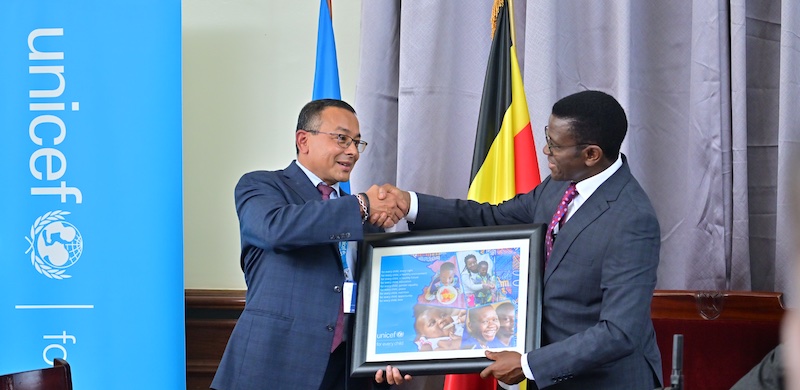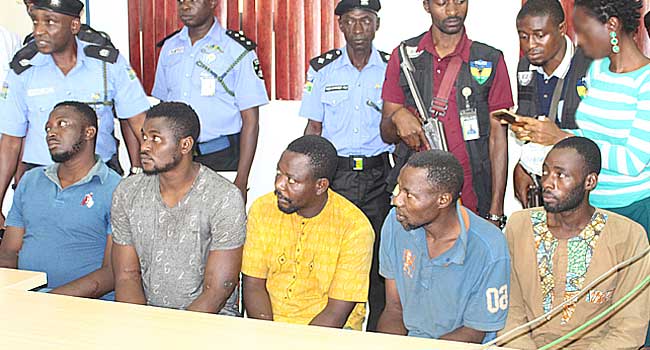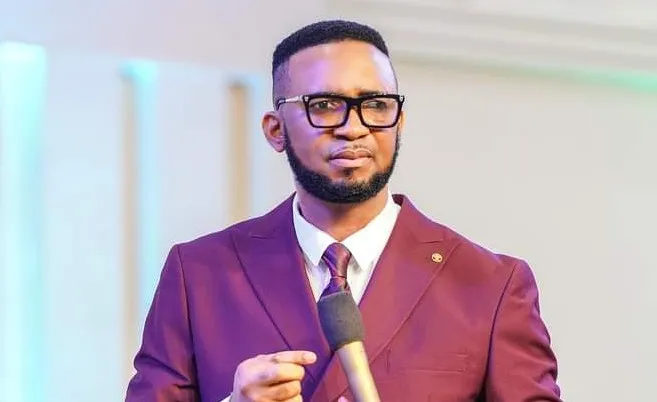
In a landmark move that bridges Uganda’s cultural heritage with modern development, the Kingdom of Buganda, through its investment arm, Buganda Investment and Commercial Undertaking Ltd (BICUL), has entered into a strategic partnership with UNICEF to advance the rights and well-being of over 4.2 million children.
Signed on Wednesday at the Buganda Parliament in Mengo, the Memorandum of Understanding (MoU) formalizes a comprehensive collaboration between the two institutions, one rooted in centuries-old tradition, the other in global humanitarian expertise.
The partnership aims to weave together Buganda’s deep cultural and community networks with UNICEF’s global expertise to address child survival, education, protection, and participation. At its core lies the ancient Buganda philosophy of Bulungi Bwansi, “working for the common good”, a value that now anchors this modern collaboration for children’s rights and well-being.
“The way a community takes care of its children is how its future can be determined,” said the Katikkiro of Buganda, Charles Peter Mayiga, moments after signing the agreement.
“A child is the foundation of adulthood, and we see our responsibility as absolute. We value this collaboration with UNICEF immensely because it enables us to ensure a child’s health and nutrition, keep children in school, and protect them from violence. Working together allows us to extend our efforts across education, immunization, and health, securing the well-being of the next generation of Buganda.”
The agreement, described by both parties as “historic,” outlines four major areas of collaboration. The first is child survival, scaling up immunization coverage, and using the Kingdom’s vast media platforms to share life-saving health information.
The second focuses on education, with a commitment to eliminate barriers that keep vulnerable children out of school and to strengthen Early Childhood Development programs through community-based initiatives such as Kabaka Youth Councils.
The third pillar, child protection, tackles persistent challenges like child marriage, violence, and adolescent pregnancy, while bolstering systems for birth registration and community awareness.
The final area centers on behavior change and child participation—giving children platforms to speak for themselves and influence decisions that affect their lives. For UNICEF, the collaboration represents both a practical and symbolic step forward in reimagining development through cultural partnership.
“This Memorandum of Understanding is a promise to the children of the Buganda Kingdom and Uganda,” said Dr Robin Nandy, UNICEF’s Representative to Uganda.
“We will be a reliable, transparent, and respectful partner, ensuring every resource invested translates into tangible improvements. Together in making a difference for the children, we are greater than the sum of our parts.”
A Joint Steering Committee will now be formed to define a concrete action plan, monitor progress, and document best practices that could serve as models for other regions. The signing marks a powerful convergence of tradition and modernity, where Buganda’s centuries-old governance structure meets the global machinery of child advocacy.
In a country where 47 per cent of the population is under the age of 15, the stakes could not be higher. For many in attendance, the symbolism of the moment was unmistakable: a royal institution once synonymous with heritage and identity stepping firmly into the future guided by science, partnership, and a belief that no child should be left behind.
As the crowd dispersed from Bulange, the echo of Bulungi Bwansi, the call to collective responsibility, seemed to resonate anew, carrying with it a quiet but powerful message: the future of Buganda, and of Uganda itself, begins with its children.



